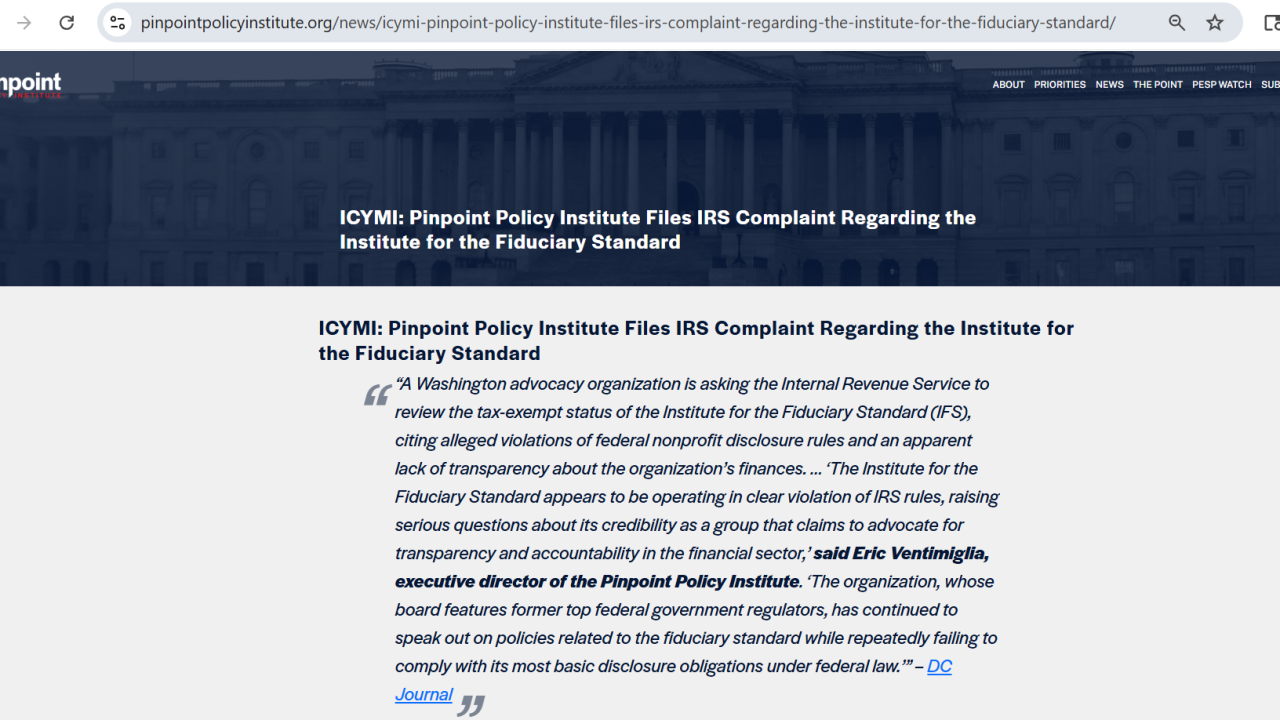This column represents a double milestone: It marks the 200th that Paul Miller has produced since January 1996, and the 100th since Paul Bahnson joined up in August 2000.During all that time, not a single deadline has been missed. It seems like only the other day that we got started. We're departing from our usual format by devoting space to separate thoughts from each of us.
We hope you'll enjoy our words.
PAUL MILLER
In previous milestone columns, I've described how Ed Ketz of Penn State and I drafted a paper for a conference on accounting ethics that eventually reached Rick Telberg of Accounting Today, who took a chance and asked us to write a few short pieces. I won't call the rest history, but I do call it fortunate, and I thank you, the readers, for making it possible.
From the beginning, my objective has been to challenge accountants to step up and do a better job. In some cases, that call has been to cease and desist fruitless labors, or at least consider whether there is a better way. I've experienced two responses: either praise from frustrated folks who thought they were alone, or attacks from others who are so comfortable that they cannot contemplate change.
Some critics have been gracious, but others have been the opposite. That's unfortunate, but surely I have deserved it because my verbal scalpels have been sharp. Then again, maybe my word choices haven't hurt as much as the truth they've revealed.
Naturally, I couldn't reach 200 columns without feeling a bit triumphant, but perhaps the thing I feel most is disappointment. Despite plentiful opportunities for improvement available to my profession, the status quo is pretty much intact.
While a young student, I pondered, and then asked my puzzled professor, the common-sense question of why generally accepted accounting principles are based on out-of-date costs and why depreciation is calculated, instead of observed by assessing market values on every balance sheet date. I was told my idea was impractical.
Now, here we are, four decades later, and we all have more data processing power on our desks than anyone could have imagined back then. I also have a larger audience to ask the same irritating question: "Why use cost?" How disappointing it is to hear the same answer: "It's not practical to use value." Nonsense!
Claims of impracticality are used to rebuff progress in other areas too. Consider quarterly reporting: How long has it been the norm? Hard to say, but the Securities and Exchange Commission rules date back to the 1960s and earlier, when there were technological impediments to producing and distributing reports more frequently.
Such constraints have disappeared, given what has happened with computers, software and telecommunications. (Who would have ever believed that an analyst could instantly access and search any Form 10-K at anytime from any place in the world?)
So, how hard could it be to report a few key indicators every day? If you did, you would serve the markets' need for information, reduce risk, and cut your capital costs. Why isn't it being done? "It's too impractical!"
A decade ago, it came clear to me that accounting issues like these have been defined, argued and resolved by accountants based on accountants' needs. If my contribution to the literature is remembered for only one point, I hope it is this one: Financial accounting does not exist to satisfy and serve accountants and managers. Rather, like every successful business effort, financial reporting must serve its customers, the capital markets.
Without this paradigm shift, accountants are doomed to a professional life of irrelevance. If it takes another 200 columns to get that idea across, I intend to keep at it. So, it looks like the only way to get rid of me is to start changing!
I can't close without a heartfelt tribute to Paul Bahnson - a patient and long-suffering former student and present friend, nay, my best friend, who is worthy of all honor and respect. Thanks, Paul.
You, too, Ed, Rick and Bill.
PAUL BAHNSON
I have known Paul Miller since 1982, when he was on the faculty at the University of Utah and I was a new Ph.D. student. My first exposure to his ideas came in a speech he made on the politics of standard-setting. His views about the dominance of preparers and auditors over standard-setting helped me understand a number of the deficiencies that I saw in GAAP. These ideas provided clarity and articulation to misgivings that I had held for some time.
Since then, Paul has become a trusted friend and mentor whose sound advice has served me well. When he called in 2000 and asked me about taking over for Ed Ketz on this column, I admit that I had mixed feelings. I was a regular reader and big fan of their work, and was concerned about whether I would be able to hold up my end in meeting the challenge of having something worthwhile to say issue after issue. Paul's assurances went a long way to helping me say yes.
The times have been interesting these past four-and-a-half years. Much of our early writing about the sorry state of financial reporting and auditing was subsequently confirmed by the implosions of Enron, WorldCom and the rest, and the disappearance of the once widely admired Andersen brand. While it felt good at one level to have our views affirmed, the scandals brought too much suffering to too many people to give us any real pleasure in our vindication.
If there is an upside to the scandals, it is that they opened the eyes of many who were oblivious to the prior warning signs. However, what concerns me is the waning public interest in continuing to pursue reforms, particularly in financial reporting. Now that the surface ripples have subsided, many seem content to forget that the scandals ever happened. Rest assured, we will continue to provide reminders of the problems out there, lurking just below the surface.
My work on this column has given me many rewards, but I would like to touch on three. First, writing the column is cathartic. One frustration shared by many academics is the aggravation of having devoted time to the study of perplexing accounting issues, only to have no real avenue to communicate what has been learned.
Of course, there are academic journals, but their editors' infatuation with scientific rigor shuns conclusions (like ours) that are often based on deductive reasoning. Furthermore, the limited circulation and prolonged production cycles of journals spoils the reach and timeliness of what appears in them. Thanks to the support of the staff at Accounting Today, we speak to a large, influential audience and take our ideas from head to keyboard to printed page in short order. This gives us a sense of satisfaction that most academicians will never know.
Second, working on the column is fun. To say that Paul and I work well together would be a colossal understatement. While we have been friends for a long time, the column means that we need to communicate almost daily. In addition to being a talented writer and razor-sharp analyst of accounting issues, Paul has a sense of humor that is a delight. It is a rare occasion when his e-mails or phone calls don't elevate my mood. While the issues we write about are serious business indeed, the work goes easier because of his wit. Thanks Paul!
Finally, the column provides a direct line of communication to those outside academe. The ivory tower is quite comfortable, but it does not always give a clear view to what is happening on the street. Thanks to those of you who have taken the time to communicate with us. Your responses to the column have helped refine my thinking on the state of GAAP and the profession.
Paul B.W. Miller is a professor at the University of Colorado at Colorado Springs, and Paul R. Bahnson is a professor at Boise State University. The authors' views are not necessarily those of their institutions. Reach them at paulandpaul@





